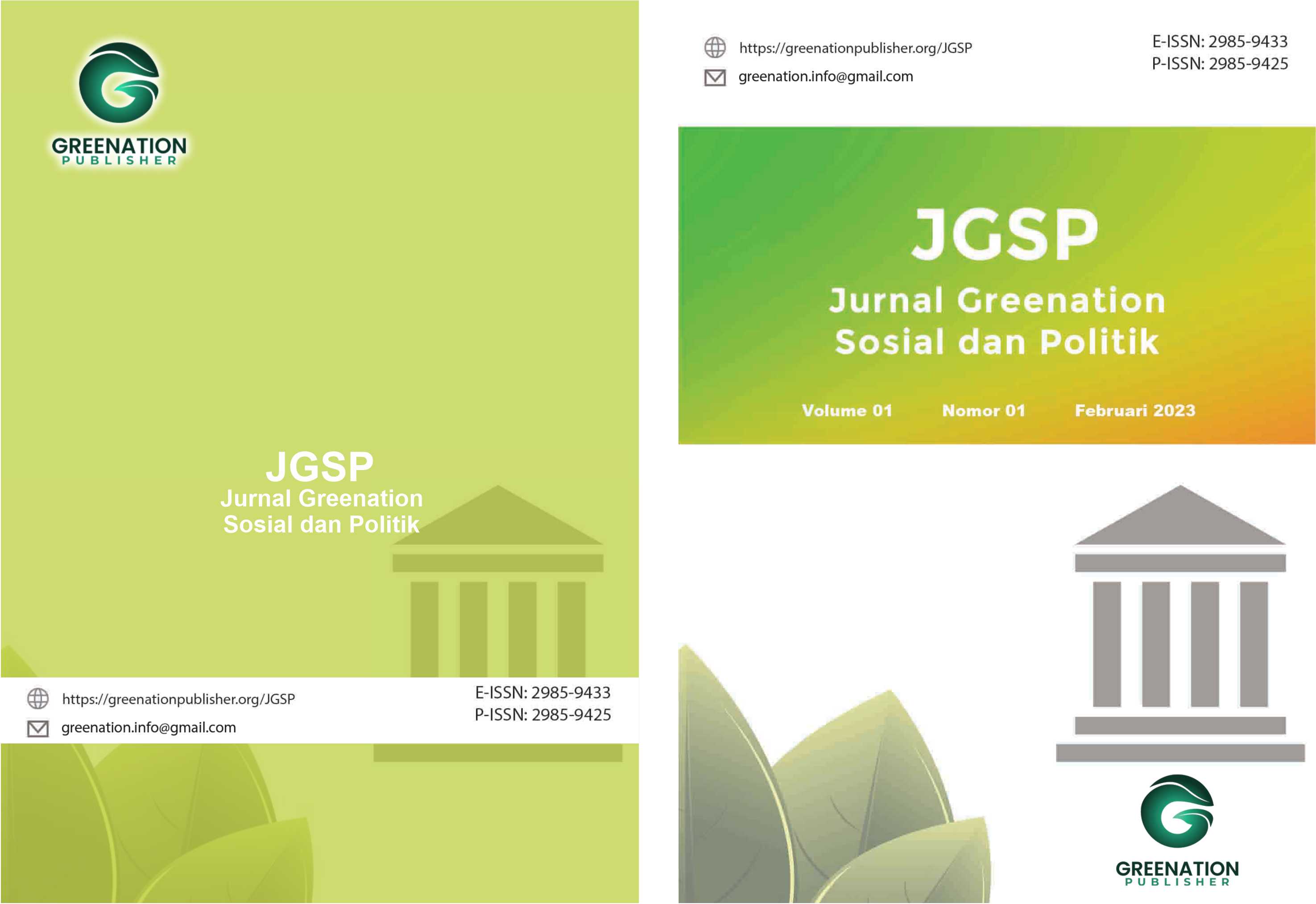Abuse of Guardianship in Criminal Justice
DOI:
https://doi.org/10.38035/jgsp.v3i2.355Keywords:
Guardianship, Criminal Justice, Obstruction of Justice, Legal Vacuum, Medico-Legal Evaluation, RegulationAbstract
Guardianship (curatele) aims to protect individuals who are legally declared incompetent in exercising their rights and obligations, as stipulated in Article 433 of the Indonesian Civil Code. However, in criminal proceedings, guardianship status is often misused by suspects as a strategy to evade legal processes, even without valid medical grounds. This issue arises due to the absence of clear regulations governing guardianship within the criminal law framework, leading to a legal vacuum and opening avenues for manipulative practices that amount to obstruction of justice. This study adopts a normative juridical approach and literature review to analyze the misuse of guardianship status and the urgency of establishing new regulations that set objective standards for medico-legal evaluation. The findings indicate that weak coordination between law enforcement and medical institutions, as well as the lack of integrative evaluation standards, contributes to the misuse of guardianship. Therefore, firm regulations and cross-sectoral evaluation mechanisms are needed to ensure that guardianship is granted solely to individuals who genuinely require it and not misused as a shield from criminal liability.
References
American Law Institute. (1985). Model Penal Code: Official Draft and Revised Comments. American Law Institute.
Community Legal Aid Institute. (2020). Legal Assessment of Guardianship in Indonesia. https://www.lbhmasyarakat.org
Constitutional Court of the Republic of Indonesia. (2023). The Constitutional Court’s Interpretation of Guardianship Provisions in the Indonesian Civil Code. https://www.mkri.id
Directorate General of General Legal Administration. (n.d.). Guardianship. Ministry of Law and Human Rights of the Republic of Indonesia. https://www.ahu.go.id
Dressler, J. (2018). Understanding Criminal Law (8th ed.). Carolina Academic Press.
Eisenberg, T., & Wiseman, A. E. (2006). Measuring the impact of obstruction of justice laws. University of Pennsylvania Law Review, 154(5), 1507–1563.
Gottschalk, P. (1991). Obstruction of Justice: A Conceptual Analysis. Journal of Criminal Law & Criminology, 81(3), 1030–1075.
Hadjon, P. M. (1987). Legal protection for the people of Indonesia: A study on its principles, handling by the judiciary within the general courts, and the establishment of the state administrative courts. Surabaya: Bina Ilmu.
House of Representatives of the Republic of Indonesia - Documentation and Information. (n.d.). Legal Documents: Guardianship Practices and Legal Protection. https://www.dpr.go.id
LaFave, W. R. (2017). Criminal Law (6th ed.). West Academic Publishing.
Marzuki, P. M. (2015). Introduction to Legal Science. Jakarta: Kencana Prenada Media Group.
Marzuki, P. M. (2015). Legal Research. Jakarta: Kencana.
Rahardjo, S. (2006). Legal Science. Bandung: Citra Aditya Bakti.
Republic of Indonesia. (n.d.). Civil Code (KUHPerdata), Article 433.
Republic of Indonesia. (n.d.). Criminal Code of the Republic of Indonesia (KUHP), especially Article 221 paragraph (1).
Sidarta, B. A. (2017). Reflection on the Structure of Legal Science: A Study on the Philosophical Foundation and Scientific Nature of Legal Science as the Basis for the Development of Indonesian National Legal Science. Bandung: Mandar Maju.
Simanjuntak, M. (2021). Obstruction of justice from the perspective of Indonesian criminal law. Journal of Law & Development, 51(1), 115–134.
Simon, R. J., & Simon, J. D. (2010). Defending the Insane: A Critical Analysis of the Insanity Defense (3rd ed.). Rowman & Littlefield.
Soekanto, S. (2004). Factors Influencing Law Enforcement. Jakarta: RajaGrafindo Persada.
Soekanto, S., & Mamudji, S. (2007). Normative Legal Research: A Brief Overview. Jakarta: Rajawali Press.
Downloads
Published
How to Cite
Issue
Section
License
Copyright (c) 2025 Andi Darti, Abdullah Sulaiman

This work is licensed under a Creative Commons Attribution 4.0 International License.
Hak cipta :
Penulis yang mempublikasikan manuskripnya di jurnal ini menyetujui ketentuan berikut:
- Hak cipta pada setiap artikel adalah milik penulis.
- Penulis mengakui bahwa Jurnal Greenation Sosial dan Politik (JGSP) berhak menjadi yang pertama menerbitkan dengan lisensi Creative Commons Attribution 4.0 International (Attribution 4.0 International CC BY 4.0) .
- Penulis dapat mengirimkan artikel secara terpisah, mengatur distribusi non-eksklusif manuskrip yang telah diterbitkan dalam jurnal ini ke versi lain (misalnya, dikirim ke repositori institusi penulis, publikasi ke dalam buku, dll.), dengan mengakui bahwa manuskrip telah diterbitkan pertama kali di JGSP.
























